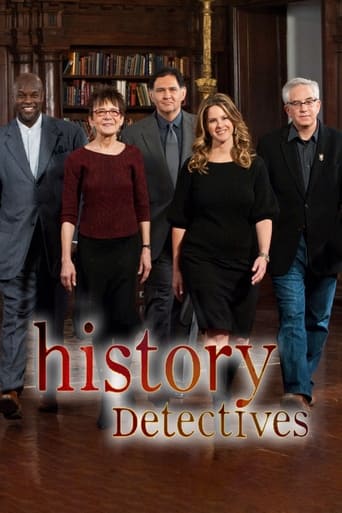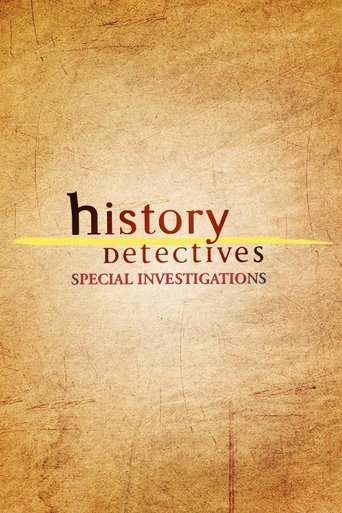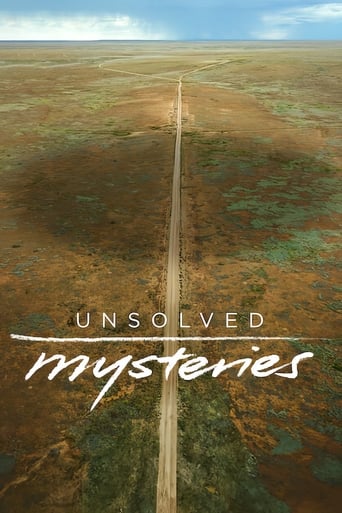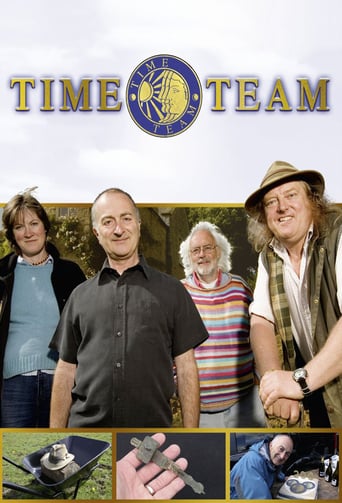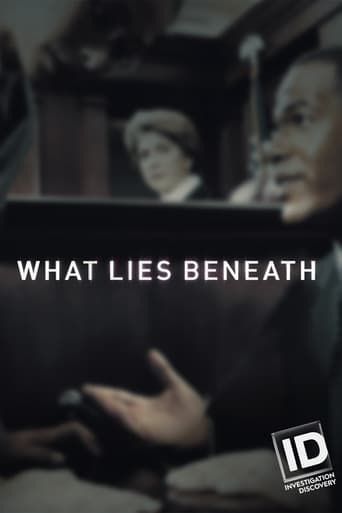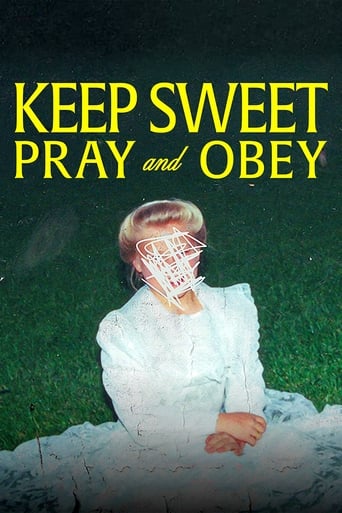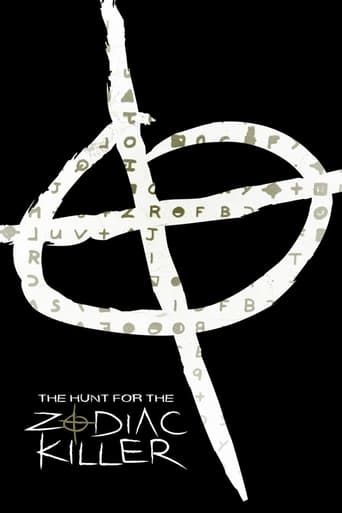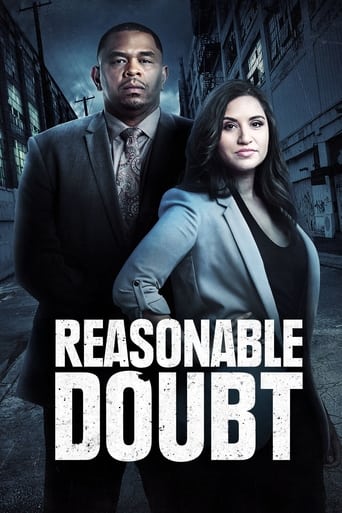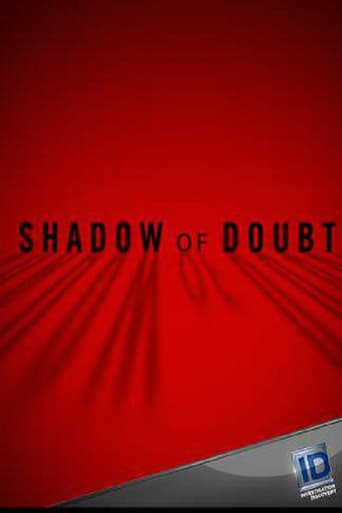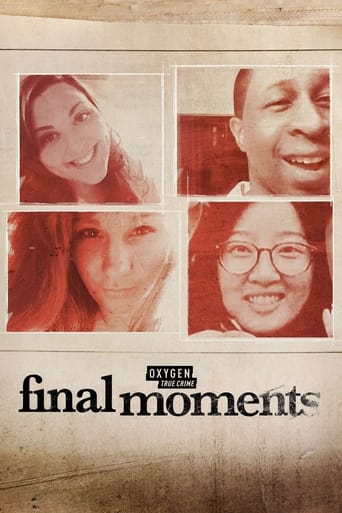History Detectives Season 7
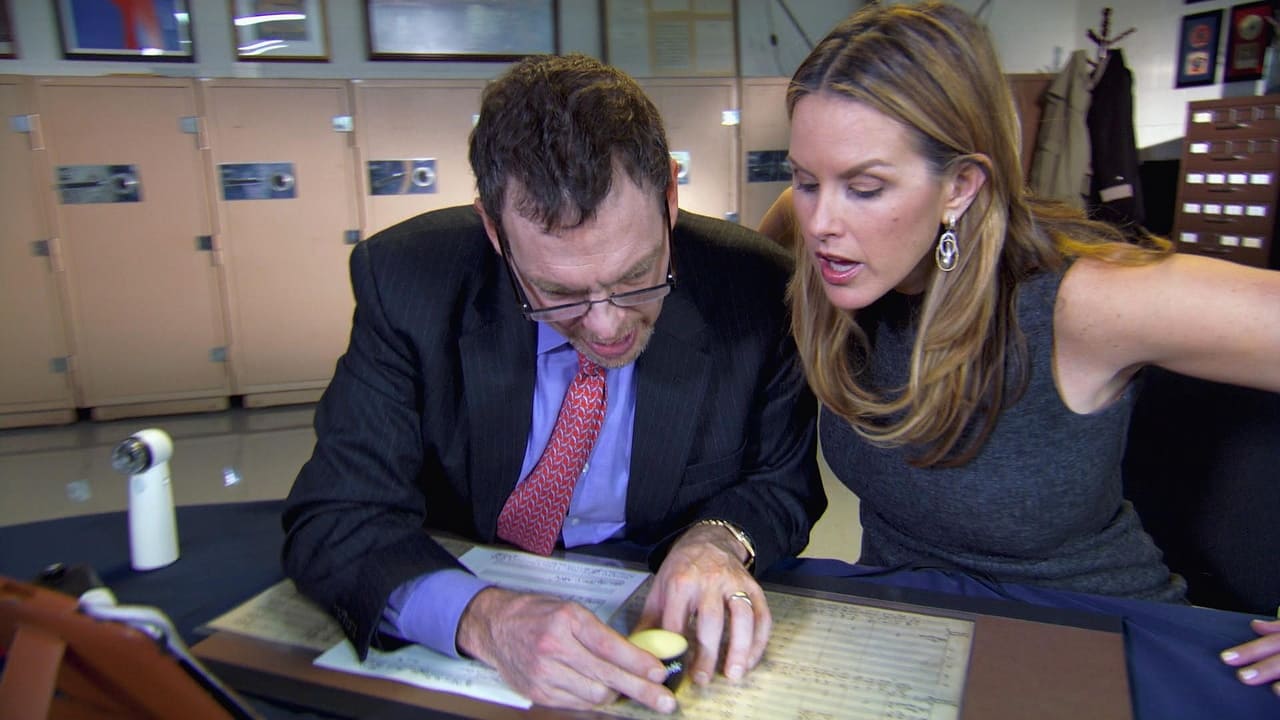
A group of researchers help people to find answers to various historical questions they have, usually centering around a family heirloom, an old house or other historic object or structure. It devotes itself "to exploring the complexities of historical mysteries, searching out the facts, myths and conundrums that connect local folklore, family legends and interesting objects."
Watch NowWith 30 Day Free Trial!
History Detectives
2003 / TV-PG
A group of researchers help people to find answers to various historical questions they have, usually centering around a family heirloom, an old house or other historic object or structure. It devotes itself "to exploring the complexities of historical mysteries, searching out the facts, myths and conundrums that connect local folklore, family legends and interesting objects."
Watch Trailer
History Detectives Season 7 Full Episode Guide
Shipwreck Cannons - Are these the last remains of a navy schooner that fought in a border dispute with the mighty British Empire? Connecticut Farmhouse - How is this Connecticut farmhouse connected to the assassination of a Russian tsar? Kahlil Gibran Painting - Is this painting an unknown work by an immigrant poet whose words inspired an American generation?
Duke Ellington Plates - Are these plates the first edition of Duke Ellington’s “Take the A Train”? "Scottsboro Boys" Stamp - Did a penny stamp help save the Scottsboro Boys from the electric chair? Civil War Bridge - Has a new discovery rewritten Civil War history?
A woman from Arizona wants to find out the fate of the man who sketched a picture of her father while in a WWII P.O.W. camp in Krems, Austria. Next, the Seadrome was a floating airport which would enable transatlantic flights was proposed in the 1920s, is investigated for a man in New York who inherited photos of Seadrome from his grandfather. Also, a woman in New Jersey has possession o an unusual artifact: a live artillery shell believed to date to the 1916 sabotage attack of Black TomIsland , N.Y., munitions depot by a German spy ring.
Items look at include six paintings by Thelma Johnson Streat, which may have been mural studies commissioned by the WPA in the 1930s or '40s; a 1790 miniature color portrait of a "G. Washington" which was found stored above a Manhattan tavern in a box of documents; and a scrap of material believed to have come from a Japanese balloon bomb used during WWII.
A man from Nevada believes he holds a dagger which was owned by Italian dictator Benito Mussolini, including a letter which indicates it was retrieved from Mussolini's apartment following his death. Also, a stack of letters from post-Civil War from a freed slave emigrating from the US to Liberia; and a Cold War era, hand size device that has "National Emergency Alarm Repeater, Civilian Warning Device" printed across them.
A man from New Jersey claims to have the instrument panel from the Hindenburg in his possession, in which his family lore claims it came from the blimps 1937 crash site. Then, an 18th-century book titled "Trials of Patriots," may contain John Adams signature and an inscription to his son, Charles. And a search is on at 1520 Sedgwick Avenue in the Bronx to see, as legend has it, the origins of hip-hop music.
A Honolulu flight mechanic's grandson believes he possesses a piece of Amelia Earhart's airplane but needs help identifying it. Next, the 1851 presidential commutation of a death sentence to life in prison in the case of See See Sah Mah, a Native American who was charged with murdering a a St. Louis trader. Lastly, a home in Colorado which is believed to have been built solely from railroad boxcars.
Items explored include a recording believed to be from the trial of Iva Toguri, better known Tokyo Rose, the Japanese American woman who made propaganda broadcasts for the Japanese during WWII; a possible photograph of the legendary Crazy Horse, the Lakota warrior. Also, a diary written by a pilot during WWII who perished in action is returned to his family.
A woman wonders whether her mother was used as an infant as part of the incubator expedition at the 1933 World's Fair in Chicago. Also, a look at the Siegmund Lubin Studios, which made silent films in Philadelphia. And lastly, a closer look at a Navajo rug which may have a taboo symbol on it of a man in a feathered headdress holding lightening bolts.
Items include a shotgun believed to have been used by a member of Al Capone's gang during the St. Valentine's Day Massacre; a threatening letter to President Andrew Jackson believed to have been written by John Wilkes Boothe's father; and an alarm which is thought to have been an alarm against grave robbers in a cemetery.
Manhattan Project Patent - Could this drawing have been part of America's secret plans to fuel the atomic bomb? Galleon Shipwreck - Is this a piece of treasure from a Spanish galleon washed up on an Oregon beach? Creole Poems - Does this manuscript contain words of love or illegal acts of rebellion?
Season 7 begins with a closer look at the "Psycho-Phone," a device presumed to have been built by Thomas Edison and was designed to communicate with the dead. Then, a WWII letter between two soldiers which talks about a third man's qualifications to become a dog trainer. Lastly, a watch fob which commemorates Pancho Villa's infamous raid on Columbus, New Mexico in 1916.
Free Trial Channels
Seasons


